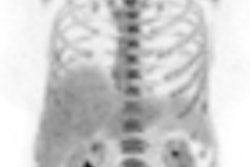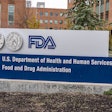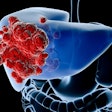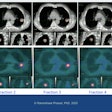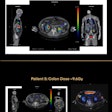Dear Radiation Oncology Insider,
Quality assurance is essential for radiation oncology departments. Even a minute error can cause horrific consequences for a patient. As part of its ongoing patient safety campaign, the American Society for Radiation Oncology (ASTRO) has commissioned a series of detailed white papers, the most recent of which has just been published.
The paper serves as a how-to guide for implementing a comprehensive peer-review program that is tailored to specific patients. It should be an integral part of a radiation oncology department's quality assurance and patient safety program. A summary of this report is this newsletter's Insider Exclusive, which is available to you before the other members of AuntMinnie.com.
Meanwhile, a study from the University of Oxford that received international attention reinforces the importance of patient safety, revealing that radiation therapy for breast cancer patients boosted the risk of heart disease. Associate editor Kate Madden Yee summarizes the findings here.
And although adults who had pediatric cancer may be alive today as a result of effective radiation treatment, they still face a serious risk of developing pulmonary hypertension. Learn more by clicking here.
Did you know that a national proton therapy conference held in Washington, DC, sold out weeks in advance, reflecting the interest of hospitals and radiation oncologists in this treatment technology? Medicalphysicsweb editor Tami Freeman covered the two-day meeting in this article, and AuntMinnie.com reported on findings from a quality-of-life survey of prostate cancer patients.
And don't overlook the news of a statement from ASTRO supporting the use of proton therapy for prostate cancer treatment.
Looking ahead to future developments for the Radiation Oncology Digital Community, we're also highlighting an article from the Cancer Imaging and Radiation Therapy Symposium on the potential of imaging biomarkers, as well as an article about the use of gold-plated nanoparticles to target small tumors.







